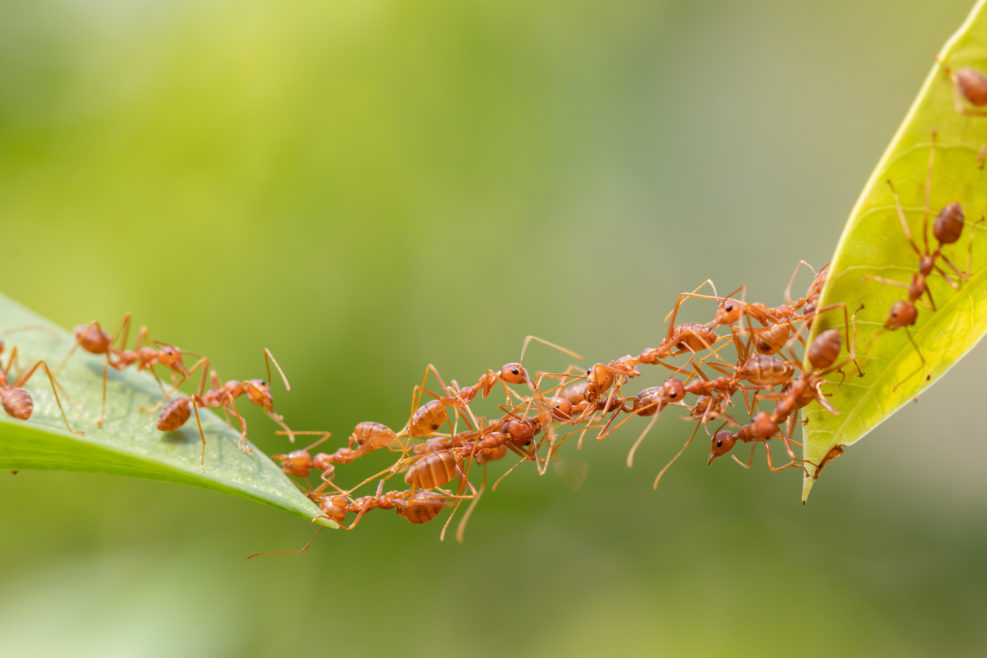
A Navigator Asks Animals: How Do You Find Your Way?
The results are amazing. Many life forms do math they know nothing aboutIn “New book spotlights high tech animal navigation,” aircraft navigator Eric Cassell, speaking recently with geologist Casey Luskin on his new book, Animal Algorithms: Evolution and the Mysterious Origin of Ingenious Instincts (2021)Animals “know” things that there is no way they thought of themselves — or that their parents did. The problem with the “nature or nurture?” debate we all learned about in Psychology 101 is that the debate doesn’t matter. There’s no such simple explanation for how animals learn things like this: … my favorite example is actually in, uh, a desert ant that resides in deserts in Africa, and these ants actually employ several different types of navigation centers. They use a sun compass, a polarized light compass. Read More ›


















